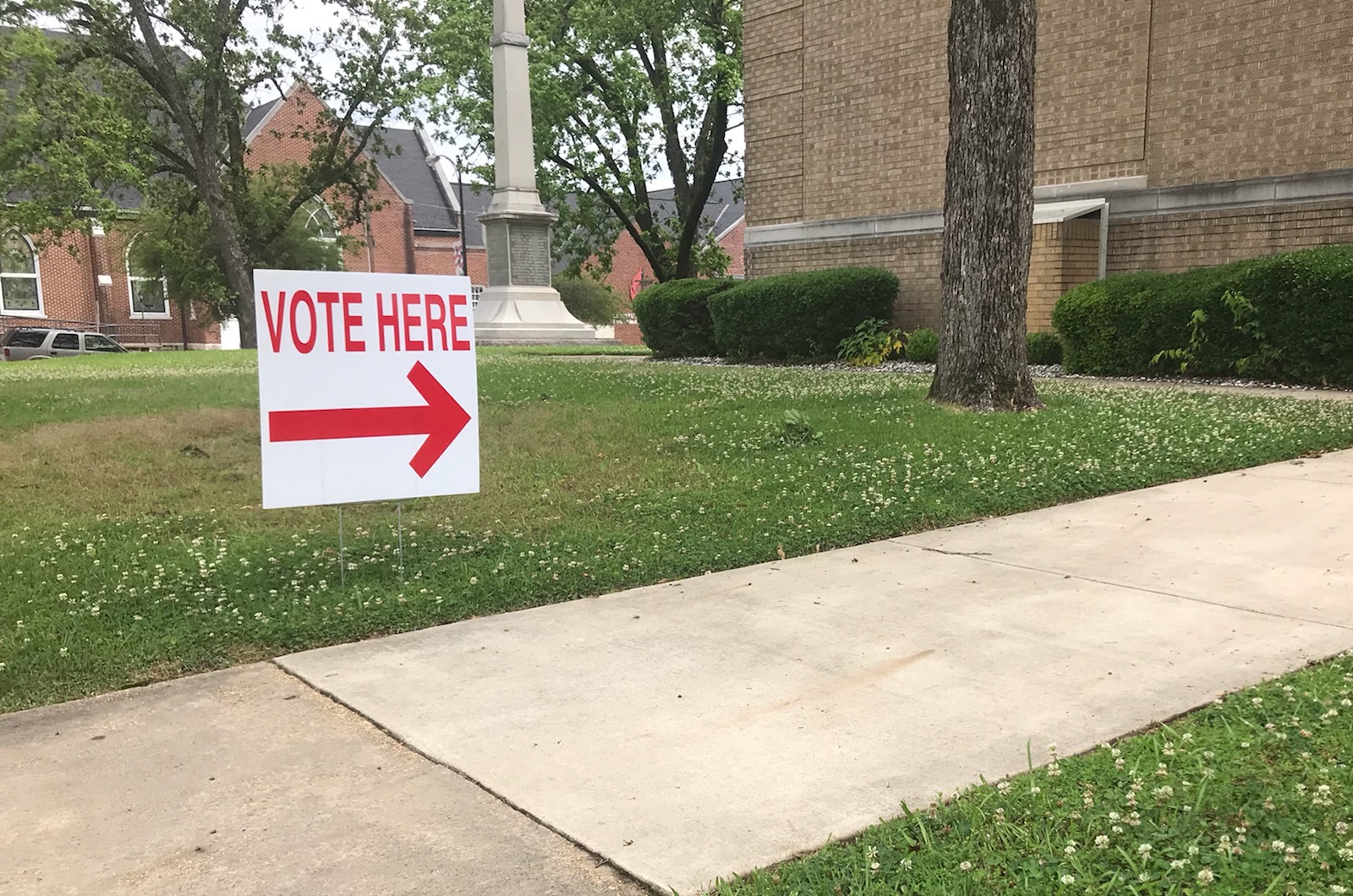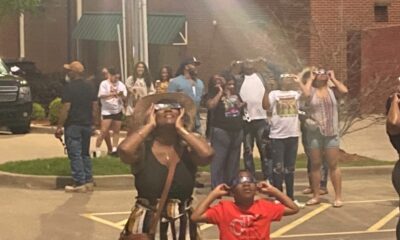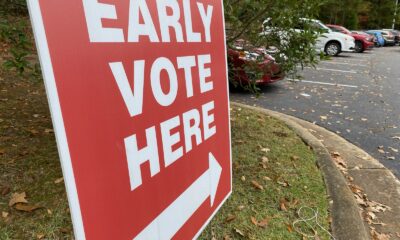Featured
Voting Rights Advocates Call Out Conservative Efforts To Make It Harder For Minorities To Vote

Republicans continue their nationwide campaign to restrict access to voting in the wake of the 2020 elections during which historic African-American turnout helped propel Democrats into the White House and control of the Senate. According to the Brennan Center for Justice, 47 states have passed or introduced bills to make it harder to vote. But voting rights advocates are aware of the push to suppress some at the ballot box.
“I think that at the end of the day, we need two things that are very critical,” says Washington, D.C. attorney Holli Holliday who co-founded the women’s voting rights organization, Sisters Lead Sisters Vote which is widely considered to have played a pivotal role in securing a spot for a Black woman on the 2020 Democratic presidential ticket. “We need federal voting legislation that I hope we can get passed in the Senate, the ‘For the People Act ’ as well as H.R. 4 which is the John Lewis Voting Act. We need both.”
Holliday also wants the country to have national voting standards implemented, opposing the patchwork of state laws recently passed in states around the country.
“We just need to have one standard that covers everyone,” Holliday adds. “Otherwise, we are fighting it one state at a time. We have places like Georgia and Texas where we are not doing as well. Then, we have Michigan and North Carolina where it is not making it out of the state legislature … So, I think we have cleared [some hurdles]. We did not get away unscathed by any stretch of the imagination, but we survived better than it could have been.”
Perhaps, the state voter restriction law that has drawn the most national scrutiny is in Georgia where voters standing in line will not be allowed to have a drink of water. President Joe Biden described the sweeping restrictions as “outrageous” and “Jim Crow in the 21st Century.”
He added in a statement, “This law like so many others being pursued by Republicans in statehouses across the country is a blatant attack on the Constitution and good conscience.”
Georgia, Texas and Arizona have introduced the most restrictive bills according to the Brennan Center. Much of the effort in statehouses targets absentee voting and voter registration. There are also attempts to purge voter registration rolls. And local officials may see their authority undermined after many refused to manipulate election results and sought to offer ways to maintain voter participation during the coronavirus pandemic.
Dr. Sekou Franklin, political science professor at Middle Tennessee State University, cites unity at the polls from marginalized groups as the catalyst for the voter restriction efforts.
“The backlash to that was to be expected because typically that’s what has happened historically,” Franklin explains. “And that is where this voter prohibition legislation comes from. It is going to continue. The conservatives are going to dig their heels in with repeated attempts to make it more difficult for people to vote.”
Holliday, Franklin and other scholars point to Shelby County v. Holder, the Supreme Court case that determined Section 4 of the Voting Rights Act was unconstitutional, as the loophole Republicans are effectively using to discourage voter participation. Democrats say the case gives states more leeway to pass restrictive voting laws. But the approach, Franklin says, is not as blatant as the voter suppression efforts that began at the end of Reconstruction and lasted through the 1960s.
“They create these administrative barriers that are seemingly race-neutral but chip away at voters’ right to vote,” Franklin states. “The goal is to chip away at four to five percent of voters because those are the margins that are winning competitive elections. What they are doing is embedding it in these administrative arrangements of how elections are conducted. For example: how long can a poll stay open past 7:00 o’clock if people are standing in line?”
Franklin calls it the “innocent, Happy Days” narrative but says voting rights advocates are sophisticated and understand what is at stake.
Holliday believes the antidote is President Biden’s nominee to lead the Justice Department’s Civil Rights Division, Kristen Clarke who conservative media figures, including Tucker Carlson of Fox News, say believes in identity politics. But Clarke has a coalition of Black women leaders supporting her confirmation which is still uncertain.

-

 Featured12 months ago
Featured12 months agoArkansas Sheriff Who Approved Netflix Series Says He Stayed ‘In His Lane’
-

 HBCUS12 months ago
HBCUS12 months agoSenator Boozman Delivers $15 Million to Construct New UAPB Nursing Building
-

 News12 months ago
News12 months agoMillions In the Path of The Total Solar Eclipse Witnessed Highly Anticipated Celestial Display
-

 Featured9 months ago
Featured9 months agoCalifornia Is the First State to Create A Public Alert for Missing Black Youth
-

 Featured9 months ago
Featured9 months agoAfrican American Leaders Stay the Course Amid Calls for President Biden To Bow Out of Race
-

 Featured9 months ago
Featured9 months agoThe Debate Fallout Lands on Both Candidates



